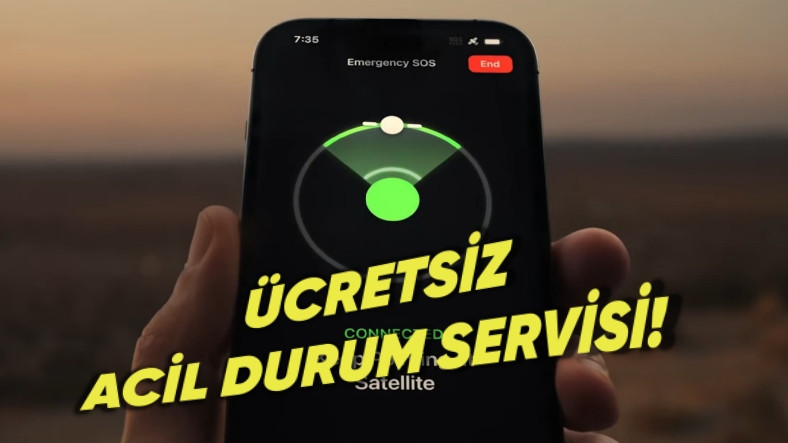The advertising world is plagued by major mistakes that distort the intended message. Without going too far, Coca-Cola is a good example. In 1985, it changed its original formula for Pepsi. It went wrong. There was even a time when the formula contained “cocaine.” It went even worse. Now, in an unexpected turn of events, the company has attempted to distance itself from Israel with an announcement.
Inside the story. The conflict in the east has also affected U.S. giants such as Coca-Cola, McDonald’s, Starbucks and KFC, all of which have seen sales declines of some sort in areas where boycotts have been taking place over Gaza. Last February, McDonald’s shares fell nearly 4% after the company reported that falling sales in the Middle East contributed to it missing fourth-quarter revenue targets.
McDonald’s came under attack after its Israeli branch sponsored the distribution of thousands of free meals to Israeli soldiers. A month earlier, Starbucks reported quarterly profit and revenue that fell short of Wall Street expectations because of what CEO Laxman Narasimhan said were “headwinds” including the Gaza boycott.
The case of Coca-Cola. The beverage giant has previously been accused of profiting from illegal Israeli settlements through its factory in the occupied West Bank. NPR reported in 2018 that the United Nations Office of the High Commissioner for Human Rights identified 206 companies worldwide that were said to have enabled and benefited from these Israeli settlements. Coca-Cola was among the companies examined.
Given the changing nature of its position in the conflict in recent months, and the summer sales slump in parts of the Middle East and Asia in response to boycotts, the soft drink company’s Bangladesh franchise has launched an expensive advertising campaign featuring a television star known for her roles in South Asian soap operas and reality shows.
Advert. So actor Sharaf Ahmed Jibon played the role of a shopkeeper. In the video, he is seen asking a regular customer on a hot day if he wants to buy Coca-Cola. The customer tells him that he stopped drinking because he comes from “that country” (without naming Israel). The shopkeeper then goes on a quest to find the source of the information, which turns out to be a dodgy Facebook page.
The shopkeeper explains to the locals that Coca-Cola is not “from there” but has been consumed in 190 countries “including Turkey and Spain” for 138 years. In other words, he reassures customers that Coca-Cola is not an Israeli product, underlining the company’s ties to Muslim communities. The actor then puts aside his political objections and tells a group of young people who are drinking the drink, “There is even a Coca-Cola factory in Palestine.” It turned out to be a “small” problem.
There is no one at the wheel. The ad was aired during the Twenty20 World Cup match between India and Pakistan in Bangladesh a few weeks ago, meaning millions of people saw it immediately.
Bangladeshis have since taken to the streets and social media to protest the “propaganda” advert, threatening to intensify the boycott. In fact, Coca-Cola pulled the advert after 72 hours on air following public outcry. But it was too late.
Problem? The alleged Palestinian factory is understood to be an Israeli-owned bottling company operating in an Israeli settlement in Jerusalem, which is illegal under international law. The backlash was such that the company issued an apologetic statement: “As a global brand, we partner with local franchises to serve local communities. We realize the recent video missed the mark and we apologize. The video has been removed from all platforms.”
The boycott stems from the company’s decision to operate in the Atarot Settlement Industrial Zone in the Israeli-occupied Palestinian territory. The company has previously denied accusations that it finances military operations in Israel or any other country. This made the Coca-Cola advert featuring a Palestinian factory particularly offensive to many.
I am sorry. The actors and producers of the ad have publicly apologized for hurting people’s sentiments. One of the actors, Shimul Sharma, apologized publicly and said that he would only accept projects that respect “human rights” “in the future.” Producer and lead actor Sharaf Ahmed Jibon said in a statement that “at no point in this announcement was I on the side of Israel and I have never been pro-Israel.”
Results. Coca-Cola’s regional franchise in Bangladesh, which had already seen a 23% drop in sales before the ad aired, pulled the ad and canceled another ad that was filmed as part of the ad but never aired. Meanwhile, industry figures like Paul Argenti, a professor of corporate communications at Dartmouth University, said it was truly surprising that an international company like Coca-Cola would handle such an incident so poorly.
“Coca-Cola was not decisive enough to pull this ad as soon as it was seen and was too slow to apologize. These are sins that a company like Coca-Cola, one of the best companies in the world, cannot afford to do without,” the expert concludes.
Image | YouTube
In Xataka | Apple crushes analog technology with iPad in its new ad. There are very angry people
In Xataka | Laws are made, traps are set: How does the sugar advertising ban work in other countries?













